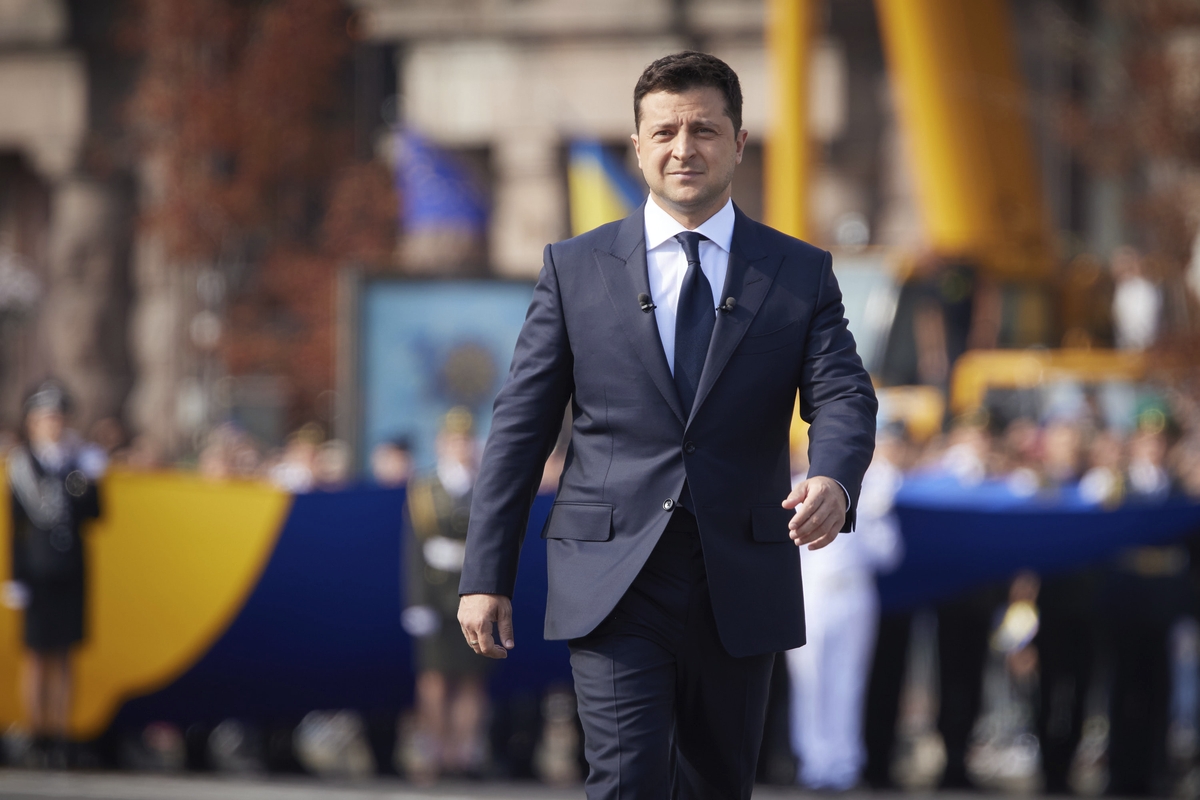BRUSSELS (Parliament Politics Magazine) – It is expected widely that EU leaders will welcome Ukraine’s application to become a member state.
The position, albeit largely symbolic, represents a remarkable geopolitical win for the war-torn nation, which until earlier this year was never viewed as a viable contender to join the 27-nation bloc. Additionally, it is viewed as a response to Russia’s forceful effort to regain its lost sphere of influence.
A two-day summit in Brussels is expected to determine the status, with the war, the food crisis, skyrocketing inflation, and Europe’s security architecture expected to be the main topics of discussion.
Charles Michel, president of the European Council, declared on Thursday morning that it was a pivotal moment for the European Union. He was confident that they would grant Ukraine and Moldova candidate status that day.
A week has passed since the trio of Italian Prime Minister Mario Draghi, and German Chancellor Olaf Scholz and French President Emmanuel Macron, travelled together to Kyiv. Giving the candidate status a clear “yes,” the three leaders responded on behalf of the three biggest economies in the EU.
The European Commission issued a favourable assessment of Ukraine’s application the following day, along with a list of changes and actions that the nation must do by this year’s end, particularly in the areas of money laundering, media freedom and corruption.
Public support for Ukraine’s candidacy exploded as a result of these two elements. The Netherlands, Portugal and Denmark, nations that were previously thought to be sceptical about giving candidate status, confirmed their intention to support the proposal, all but sealing the deal.
The unanimous consent of all member states is necessary for the EU’s accession procedure.
There was no objection to the choice presented during a meeting of EU ambassadors earlier this week. There is complete consensus, according to the European affairs minister of France, Clément Beaune, to give candidate status.
Irish Prime Minister Micheál Martin stated that accession could be transformative, it could spur reforms and economic progress. T he EU was expressing its solidarity with the people of Ukraine that day by letting them know that they were a part of the European family, he said.
While Georgia will be maintained on the waiting list until it goes through significant reforms to guarantee its political stability, leaders are also anticipated to support Moldova as a candidate nation.
An initial draft of the summit’s conclusions, obtained by Euronews, states that the progress of any country towards the European Union would depend on its own merit in achieving the Copenhagen criteria, including the EU’s capacity to absorb new members.
The Commission will update the European Council later this year on the success of the changes outlined for the three nations.
When leaders meet with the six Western Balkan leaders of Albania, Bosnia-Herzegovina, Kosovo Macedonia, Montenegro and North Serbia who have consistently complained about the lack of enlargement, they will also discuss the sluggish pace of Europe’s integration in the region.
Prior to the joint meeting, Chancellor Scholz stated that the most essential [thing] was that the governments from the Western Balkans would have a good opportunity to really become the members of the European Union. They had put in a lot of effort, therefore it was Europe’s shared responsibility to see that it happens.
Due to linguistic and historical differences, Bulgaria has prevented the beginning of accession negotiations with North Macedonia, which are linked to Albania’s file. The procedure became chaotic when Bulgarian Prime Minister Kiril Petkov attempted to override the veto. This caused the government coalition to disintegrate.






